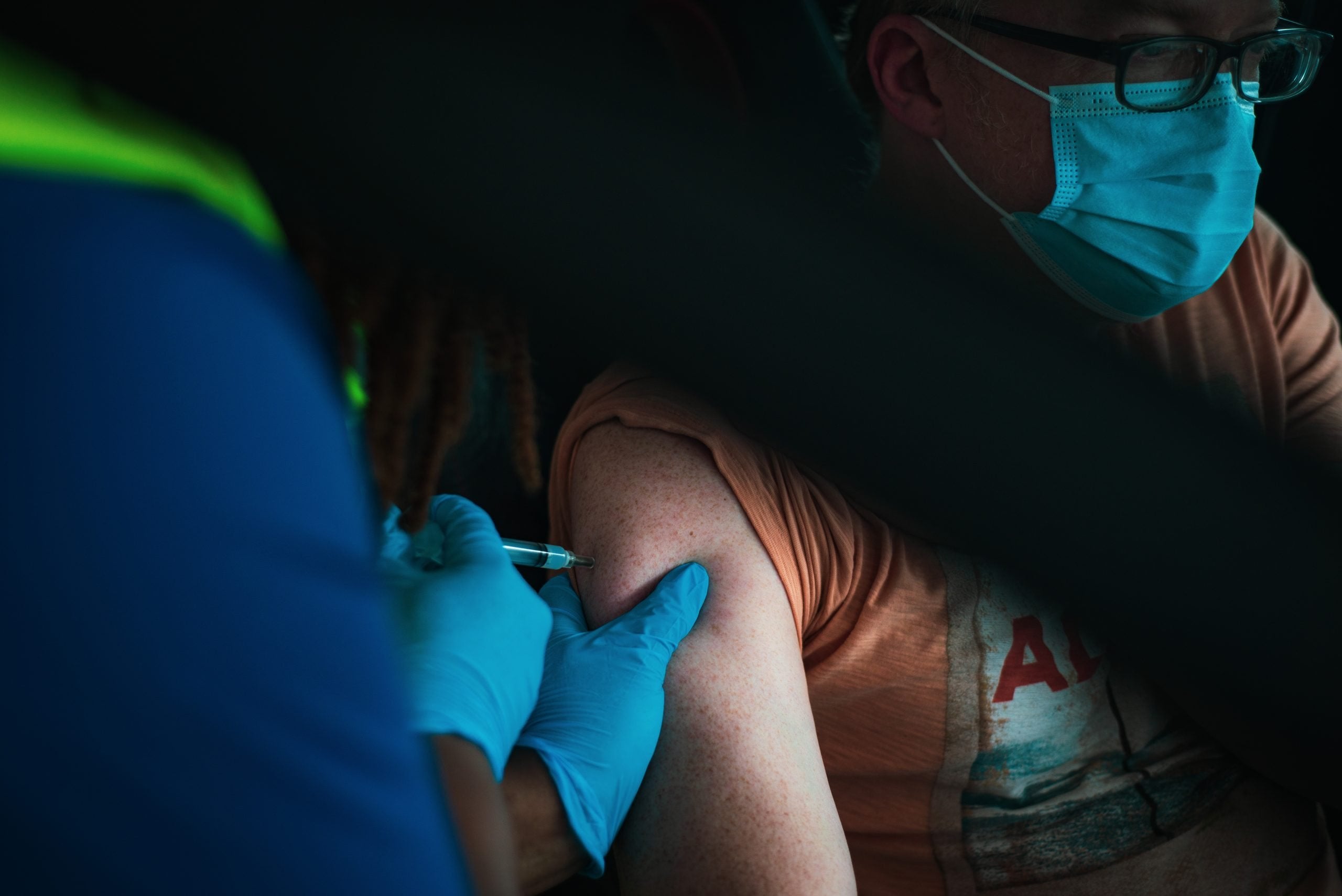Promising results have come from a trial studying safety and effectiveness of a COVID-19 vaccine for younger children. Pfizer and BioNTech posted the report to the Pfizer website on Sept. 20.
The companies say 2,268 test participants, made up of children aged five to 11 years of age, received a two-dose regimen of 10 micrograms of the same vaccine currently approved for people aged 12 and older who receive 30 micrograms. The injections for the younger children were administered 21 days apart rather than the 14 days for those aged 12 and older.
MORE: Pfizer Vaccine Wins Full FDA Approval
The early results of this trial showed the vaccine was safe for children and created a strong antibody response against COVID-19. Side effects were like those experienced by people between age 16 and 25.
Dr. Joshua Wyche, assistant vice president of strategic planning & pharmacy services at Augusta University Health, said 30% of all new infections are pediatric.
[adrotate banner=”54″]
“I think the key to potential vaccine approval is for parents of children. I have two children in this age group, it gives us the ability to make the decision to protect our children. And that’s a decision we don’t have the option of right now,” said Wyche. “That’s the real gamechanger is the ability to have the option and ultimately make the decision based on the evidence that will be presented by Pfizer and the FDA with your pediatrician, with your pharmacist, with your trusted health care provider of that data to make the best decision for your child, your family and, ultimately your community.”
The companies plan to submit the results to regulatory agencies around the world as soon as possible, requesting emergency use authorization to begin administering vaccinations to the younger children.
Albert Bourla, chairman and CEO of Pfizer said, “These trial results provide a strong foundation for seeking authorization of our vaccine for children five to 11 years old, and we plan to submit them to the FDA and other regulators with urgency.”
The companies have also enrolled children from six months of age to 11 years for clinical trials.
The announcement from Pfizer and BioNTech came just a few days after a Food and Drug Administration panel recommended against booster shots of the vaccine for the general public.
Dr. Jane Kelly, epidemiologist with the South Carolina Department of Health and Environmental Control, cautioned that there is a difference between booster shots and third shots even though it is the same vaccine.
[adrotate banner=”19″]
“For example, third dose shots are the ones that right now have been authorized by the Food and Drug Administration to be given to immunocompromised people,” she explained. “People who had their original two dose vaccine schedule but now need a third dose. Boosters would be for the rest of the general population and they have not yet been authorized by the FDA.”
The panel voted 16-2 against the broad recommendation for the booster, which would have been administered six months after patients finished the initial two-dose regimen.
MORE: COVID-19 Vaccine Updates for South Carolina and New Clinic Coming to Augusta
The vote came the same day the Center for Disease Control and Prevention published findings in its Morbidity and Mortality Weekly Report showing Pfizer’s vaccine offered 91% protection against COVID-19 hospitalization, but that dropped to 77% after four months.
The panel did vote unanimously in favor of booster shots for people aged 65 and older. The panel also supported authorizing the booster shots for health care workers and others with a high occupational risk of coronavirus exposure.
Dr. Wyche said he believes the panel made a reasonable decision.
Dana Lynn McIntyre is a Staff Reporter with The Augusta Press. You can reach her at dana@theaugustapress.com.
[adrotate banner=”51″]











